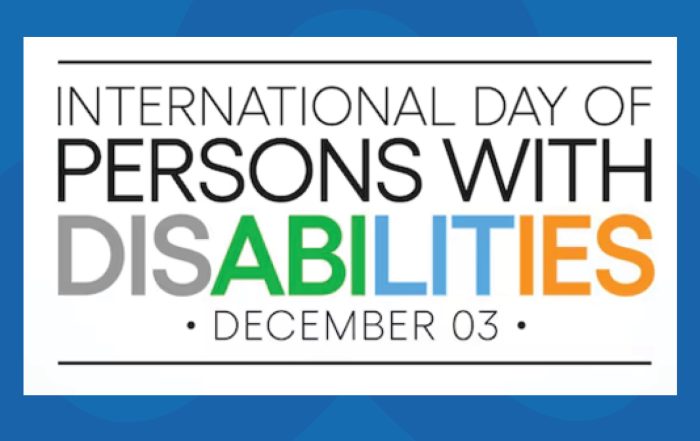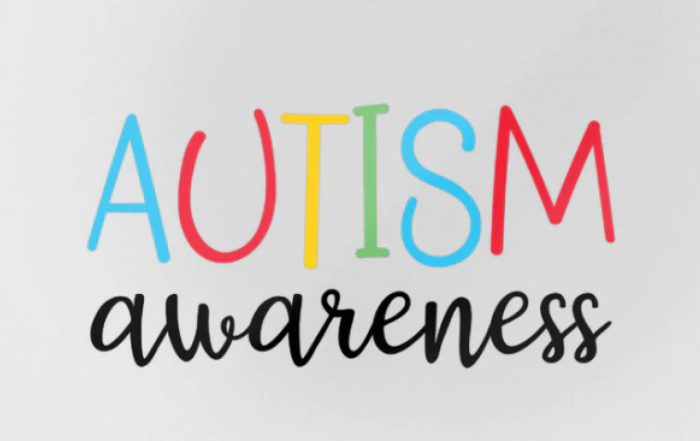It’s about so much more than the daily grind: the right job can be a source of tremendous satisfaction and personal fulfillment.
Members of the I/DD community deserve the opportunity to pursue rewarding, enjoyable work. If you’re considering joining the workforce, you should know that holding a job offers many potential benefits like:
- Opportunities to make friends and develop social skills.
- Boosted confidence and independence.
- On-the-job training.
- A sense of belonging.
- The chance to give back to your community.
Unsure of how to get started? Here are four tips for starting your search.
 1. Know your strengths.
1. Know your strengths.
Planning your job search around your strengths will help ensure that you find work that is satisfying and rewarding.
Think about your best qualities: are you hardworking and reliable? Friendly? Artistic? Organized?
What challenges are you facing? What kind of work would you feel comfortable doing, and what makes you happy?
Whether you seek a job by asking friends and family or through your state’s I/DD Employment Services, it’s important to look for work that suits your skills and personality.
Your resume is your chance to summarize your unique skills and work experience so that potential employers can get to know you better. Writing or updating your resume can be intimidating, so take advantage of resources to help you get started. Successful resumes are clear with good spelling and grammar, so it’s a good idea to have someone your trust read your resume and give you feedback.
2. Sharpen your skills
Because many jobs look for prior experience in a relevant field, it may be a good idea to build up your resume by volunteering.
Volunteer work can allow members of the I/DD community opportunities to try out different varieties of work without the pressure of traditional employment. Giving back to your community feels great, and you may also discover brand-new talents and interests in the process.
Do you enjoy being a student? Organizations like the United Disabilities Services Foundation (UDSF) connect individuals with intellectual and developmental disabilities with the training they need to succeed in their field of choice.
 3. Practice makes perfect.
3. Practice makes perfect.
Individuals living with intellectual and developmental disabilities and neurodivergence often feel more comfortable in novel situations when they know what to expect.
Research frequently asked interview questions and practice your answers. Think about what you want to tell your interviewer about your interest in the job and the skills that you can bring. Role-playing the interview with a trusted friend or family member can help you feel relaxed and prepared for the real thing.
4. Explore your resources.
Look to your community for help with refining your skills and identifying employment opportunities.
Local programs like Everybody Works NC exist to connect I/DD job seekers with potential employers. These services also help community members connect with each other to share their insights and experiences.
Take advantage of resources tailor-made for I/DD job candidates, and explore how you can turn your unique skillset into a rewarding career.






